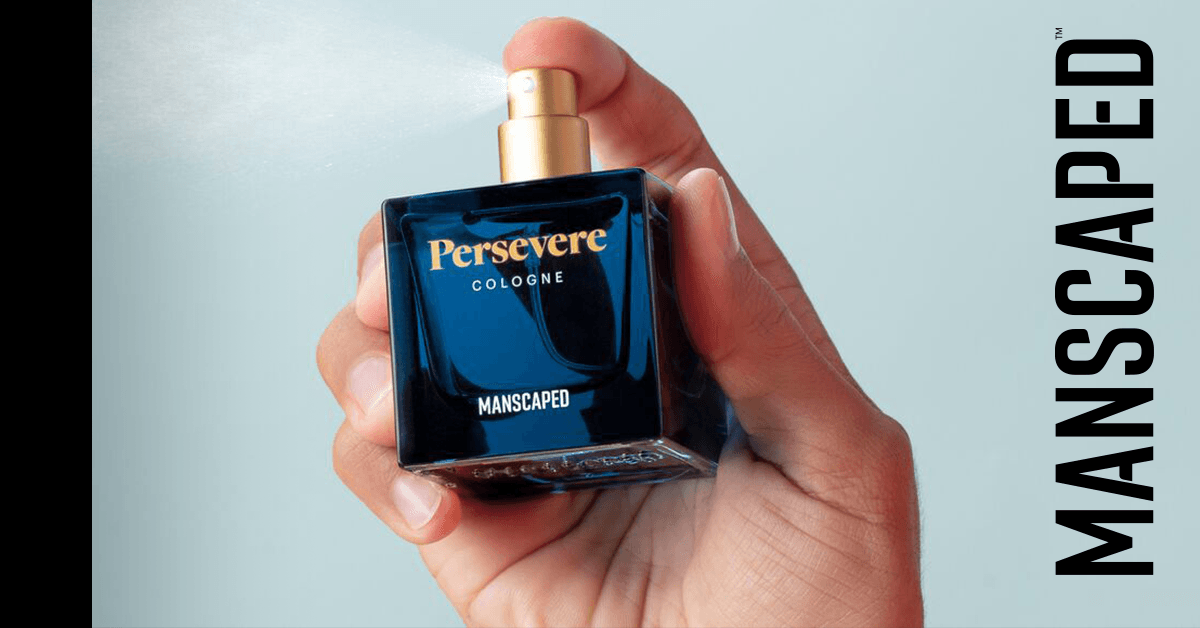
We all want to learn a new skill sometimes. We see something cool and wonder what it would be like to do it ourselves. It could be basketball, guitar, heck, even axe throwing. In some cases, the skill is practical and it helps us feel more successful or accomplished. And sometimes it’s pure joy.
With that in mind, we have some tips and ideas that can help you learn any skill.
Study theory
Theory alone will only get you so far, especially when it comes to actually performing said skill. Still, theory has its place, and plenty of people benefit from studying things outside of practicing the skill.
The key to theory is to use it strategically. You only have so much time that you can devote to your new skill. If all of that time is spent on one aspect of learning, your progression will slow. Instead, split your time between doing the thing and studying the thing.
Let’s break this down with an example. Say you want to pick up golf. If you go to the golf course every day and hit buckets of balls, your progress will be slow. Instead, spend some of that time reading instructional books about golf or watching videos from pros. They will give you invaluable advice that skips a ton of the trial and error that you will experience without that external study.
Once your game develops, you can research why you are hitting slices or missing puts. The advice you learn can then be put to use in future practice sessions.

Dive in
There is nothing in the world that beats experience. Your theory time exposes you to proven ideas that will help you with your new skill, but it’s the time when you’re actually performing the action that your practical skill develops. If you want to get past the basics of your new skill, you have to spend hours in practice.
A really good example to drive this point home is learning math. Let’s say you’re masochistic enough to want to learn some advanced calculus since you never made it there in high school or college. You might think that studying theory is all you need. Math is purely theoretical anyways. But if you only read solutions and explanations, you won’t actually master the skill. You have to dive in and try to solve problems, by yourself, from scratch. That’s where the bulk of development happens. Theory only gives you ideas. Practice is what gives you skill.
Steal ideas
This is where things heat up. There’s a good chance that someone in the world is already accomplished at the skill you are pursuing. You should steal their ideas. There’s a perfect example in the world of sports, so let’s assume that you’re trying to master the high jump.
In 1968, Dick Fosbury changed his sport. He competed at the Olympics for the high jump, and he surprised a lot of people when he jumped backward to clear the bar. He ran away with the competition, and by the next Olympics, jumping backward was standard.
Everyone who lost to Fosbury studied how he won and stole his idea. You can do the same thing with your skill. If you’re learning a sport, watch what the pros do. If you’re learning how to sew, watch what the pros do. You can see where this is going.

Focus on the hard part
We can oversimplify and break your new skill into two levels: beginners and experts. In the beginning, there’s a ton to learn, and even mastering the most basic stuff feels rewarding and happens fast.
If you want to progress to expertise, you’re going to have to face the hard parts of your new skill. There’s a lot to learn, and as you discover more of your new craft, you’ll run into challenges. Face them head on and spend time on the things that are hardest for you.
Professional musicians can probably teach us more about this than anyone. When you’re trying to master the violin, you don’t spend all of your time practicing the songs you’ve already mastered. Instead, you seek out a song that you can’t play yet. You struggle through it, and then you focus intensely on the hardest part of the song.
A professional musician will spend hours at a time focusing on just a few bars of music until they have turned the hard part into something they can do with ease. That’s how you develop a new skill past your current level. So get that violin and practice some advanced chords (and Hot Cross Buns doesn’t count).
See one, do one, teach one
At last, we come to the notorious (some would call it infamous) military method. It’s old school, but it’s been around forever for a reason. The idea is simple. Watch someone do a task. Then try it yourself. After that, teach it to lock it in.
This is great for simple things like learning to fold fitted bed sheets (although we all know the secret to that is witchcraft). When you take on more complicated skills, the method evolves. Still, seeing one refers to theory. Doing one refers to practice (or diving in). Teaching is the third part. Any time you teach something you’re trying to learn, it helps you think about it more deeply, and it better cements your understanding.
Naturally, this means that in order to become a master of your new skill, you’re going to have to quit your job and become a teacher. Just kidding. Kind of.
More seriously, helping people who are not as far along at the skill as yourself will only solidify your own understanding and proficiency. It’s an amazing way to continue learning and growing. And isn’t that what learning a new skill is all about?
08.25.21
Share

Featured Articles
- Your Favorite Ball Deodorant. Now with a New Scent: Perservere.MANSCAPED® + TCS for Testicular Cancer Awareness MonthIntroducing The Lawn Mower® 5.0 Ultra TCS Special Edition and TCS Ball Hero BundleThe Dome Shaver™ Pro vs. The Dome Shaver™ Plus: Which Should You Choose?The Chairman™ Pro vs. The Chairman™ Plus: Which Should You Choose?



